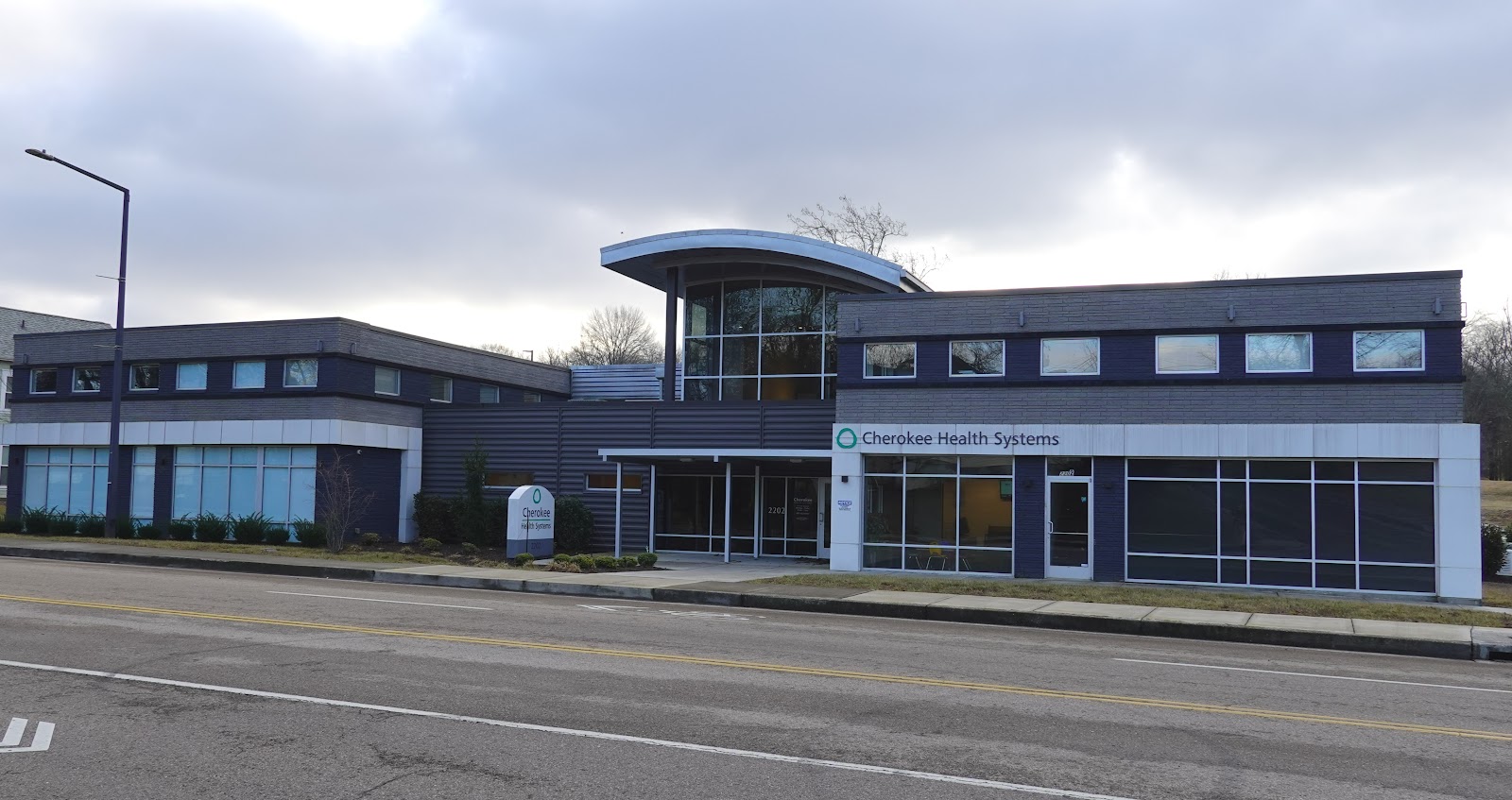Hotline for National Substance Abuse Support
24/7 Support Available, Confidential and Free of Charge
Best Alcohol & Drug Rehab Treatment Centers in Knoxville, Tennessee
Knoxville has a unique perspective on drug addiction, as it falls within the infamous "Appalachian region" known for its high rates of prescription drug abuse. In fact, Tennessee ranks third in the nation for prescription opioid abuse, with Knoxville being a major player in this statistic. However, our city is also home to a strong community of individuals and organizations dedicated to combatting this issue.
On this website, you will find a comprehensive list of local treatment options, including rehab facilities, support groups, and therapy programs. We understand that overcoming addiction is a journey and our goal is to connect you with the best resources available in Knoxville. Our website also offers information on payment options and insurance coverage, ensuring that treatment is accessible for all individuals.
Additionally, we have a section dedicated to success stories from those who have overcome addiction in Knoxville. These stories highlight the resilience and strength of our community and serve as inspiration for those currently on their own journey to recovery. We also feature local events and support groups for ongoing recovery and relapse prevention.
One unique aspect of our website is our emphasis on the outdoors and nature in overcoming addiction. Knoxville is surrounded by beautiful mountain ranges and national parks, and research has shown that nature-based therapy can be highly effective in addressing substance abuse. We provide information on local hiking trails, outdoor activities, and even offer a directory of outdoor addiction treatment centers in the area.
No matter where you are in your journey to overcome addiction, this website is here to support you and guide you towards a healthier and happier life. Together, we can overcome addiction and thrive as a community. Let us be your starting point on the road to recovery in Knoxville, Tennessee. Ready to explore more treatment centers and take the next step towards recovery? Click here to discover range of options and find the support you need on your journey to wellness. Your path to healing starts now.
Featured Treatment Centers




